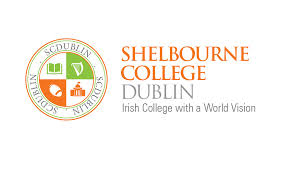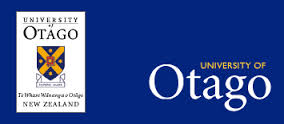Study in Denmark
 Study in Denmark
Study in DenmarkMaking the choice to study in Denmark is easy. There are plenty of opportunities for international students and researchers. The Danish higher education institutions are internationally oriented and offer a large selection of programs and individual courses in English.
Combining traditional lectures and tutorials with project-based teaching methods, studying in Denmark will develop your ability to work with others, think creatively and apply new knowledge. You will also have the opportunity to gain valuable practical experience. Danish higher education institutions cooperate with business to ensure an up-to-date learning environment where you can learn from industry experts and undertake internships in globally recognized organizations.
Industries & Research
The Backbone of Danish Research Denmark is a country with a long tradition for higher learning and research in almost every recognized academic field. The oldest Danish university was founded over 500 years ago and is still active today. The backbone of scientific research in Denmark is however the universities. The list of famous Danish inventions includes The Lego, Danish pastry, Typewriter, C++ Programming, pH scale & Telegraphy.
Denmark ranks 16th in the world in terms of GDP (PPP) per capita and ranks 5th in nominal GDP per capita. With very few natural resources, the economy of Denmark relies almost entirely on human resources. The service sector makes up the vast amount of the employment and economy. Denmark produces oil, natural gas, wind- and bio-energy. Its principal exports are machinery, instruments and food products.
Denmark has a lot of famous companies like Carlsberg and Tuborg ( beer), Royal Copenhagen (porcelain ), Danish company Danfoss , Arla, Danish masters a well known for their furniture design. Bang & Olufsen (consumer electronics), LEGO (toys), Novo Nordisk (pharmaceuticals). Also widely known are Danish sweet dainty- Danish Pastry.
Life style
Danish lifestyle is characterized by the fulfillment of social needs in a rather restrained circle: the family and a few close friends. Danes may appear "cold" or reserved but it is believed to be an attitude derived from respect for other’s privacy. Main attributes to characterize this lifestyle are: informal, relaxed, reluctant to extremes and tolerant with different lifestyle, and rather liberal in many senses. The stress on equality between women and men is stronger than elsewhere in Europe and the female labor market participation is the highest in the continent.
Because of its wealth and prosperity, Denmark is a country with great cultural surplus. Art is often supported by the government and this gives abundant opportunities for artists to develop and express their creativity. But Denmark is also a place where young and untamed culture blossoms in the underground. You find non finance graffiti, and street art and cultural festivals based primarily on voluntary work.

















